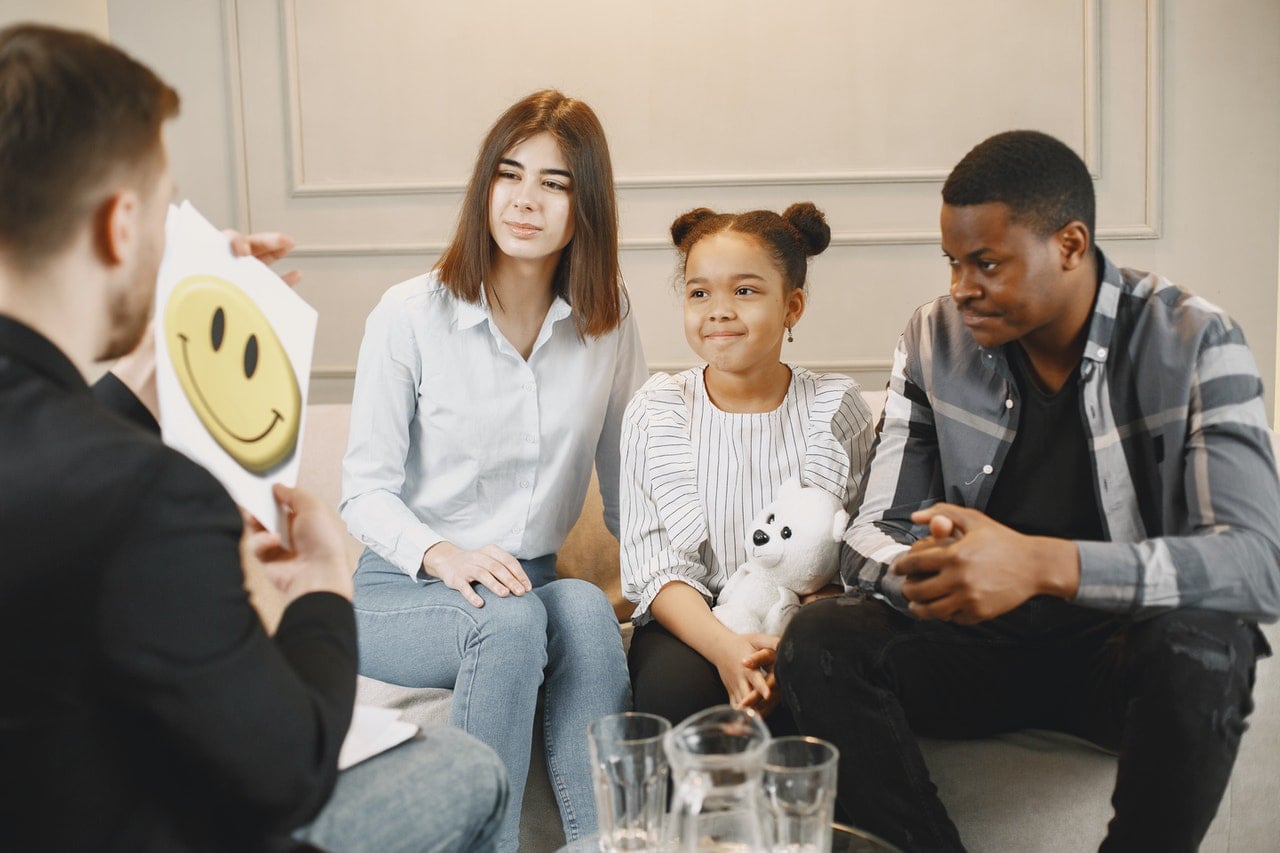


Educational family therapy, sometimes called psychoeducation, is a type of therapy that involves members of an individual’s family. The therapy helps provide information and education on drug detox, treatment, and other aspects of recovery. Sometimes this type of therapy involves both the client and their family, as well as other peers and family members. Educational family therapy is an essential component of drug treatment for dual-diagnosed people, meaning they live with both a mental health disorder and a substance use disorder.
Family is a big part of healing for many people in recovery. Family can play a supportive role for people in recovery. Without help, they may feel discouraged by their family members. Some family members may enable an addicted person, while others may over-criticize or try to take control of the person’s recovery. These situations are often emotionally charged. They can lead to conflict when there are communication problems. Therefore treatment centers often want to involve family members in therapy to educate them about their loved one’s disease.
Family psychoeducation is an essential service that treatment providers can facilitate. Through education and talk sessions, knowledge of addiction can help family members understand substance use disorder more clearly. Family members may also need to be educated about co-occurring conditions such as PTSD symptoms.
Educational therapy can help increase the family’s awareness of substance-use risk factors, symptoms of a substance use disorder, treatment options, and other recovery-affirming options for their loved one.
Many people who get sober do so with the support of their families. While this is not an option for everyone, when the family wants to be involved, they can help individuals make better decisions about their recovery.
For many people, a family can help keep them on task. After all, not everyone is aware of a recovering person’s schedule unless they are told about it. Knowing a person’s schedule and needs can help family members keep their loved ones on task.
Something as simple as having the family keep a calendar with the times and dates visible can help clients and their families to understand the obligations a person in recovery has. They’re working on themselves, after all. But sometimes, family members don’t know unless they are told about all the moving parts in a loved one’s recovery program.
Some family group sessions also use problem-solving to address dysfunction or negative dynamics among family members. The goal is for the family to be able to provide ongoing support and monitoring, with particular awareness of their loved ones’ needs and responsibilities in early recovery.
Bringing families together to support each other in a larger group can be a powerful experience. When peers and their families get together, they have a wealth of knowledge, strength, and hope to share. Ultimately, these types of support groups can help create a network that continues to keep in touch and support each other even once treatment has been completed.
We offer safe, structured community homes with the highest sober living standards. Living in a house with a sober living culture can help you or your loved one build a strong foundation as they start their recovery journey.
Many people find comfort and community in a group setting focused on sober living. Learn more about your options and how our programs work by calling us at 760-216-2077.
By the Sea recovery is San Diego's premiere sober living home. Call us for help & answers on how to live in a great sober house.
A brave soul to come out and share her hope and message about recovery against the overwhelming resistance of stigma, anonymity and continued belief of early efforts to curtail use through abstinence. Not only are these celebrities saving lives, but changing the way we see addiction: from a dark connotation to an understanding of a serious disease affecting the brain and body. As our assessment to treat this disease changes, so does our vocabulary and our perception to a much more clearer manner to attend the population's questions, worries and concerns. Thank you Stevie Nicks, you are the beginning of a wave that is sharing light to a misunderstood epidemic. There is a solution.
http://www.people.com/article/stevie-nicks-bikini-cocaine-addiction
